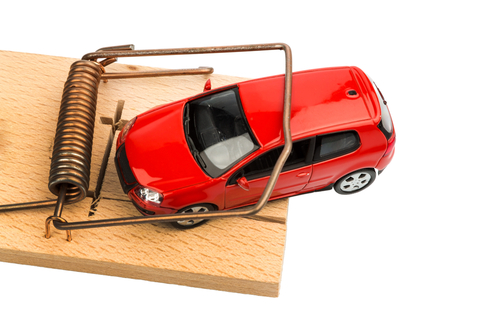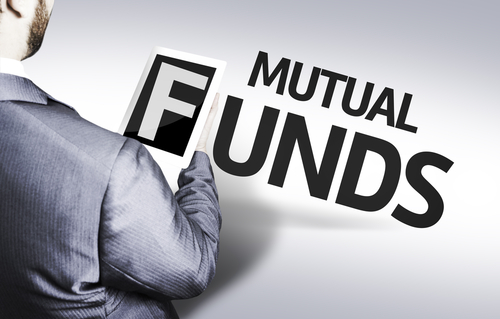The amount you pay for your auto insurance premium varies by a few hundred dollars. This principally depends on the type of vehicle you own and who your insurer is. However, you can certainly increase you savings when paying your auto insurance in the following ways.
Before buying the car, study insurance costs: Before you buy a used or new car, check out its insurance cost. The premium will be based on the vehicle’s price, costs of repair, its overall past safety record, and its likelihood of getting stolen. And if you live in San Francisco, that could be even higher since that city leads the country in property crimes and it seems the people there do not even care but this is another topic!
You may also get discounts from insurers for any special feature that the vehicle has to reduce the risk of injury or theft. Safety rankings for certain models may be checked using the rating tool for top safety picks of the IIHS or Insurance Institute for Highway Safety.
Look before you leap: That in other words means shop around. Premiums vary from insurer to insurer, so make a comparative study, getting at least four price quotes. Searching online is the best way to do it as you get all the quotes on a single Excel sheet and making a choice becomes easier and faster. Or else, call insurers directly or even the insurance department of your state which may give you some comparative premiums payable to the major auto insurers.
Prices, however, shouldn’t be your only deciding factor. Consult relatives and friends and take their advice, too. Working with an insurance agent or professional dealing in auto insurance will also get you the answers to all your questions.
Older cars can do with lesser coverage: Make sure to thoroughly review the total coverage you receive during the insurance renewal time to ensure that your insurance is in perfect sync with your specific and total requirements. For instance, if your vehicle’s worth is less than ten times the payable premium, turning the ignition (pun intended) for such coverage is not a sensible thing to do. In such cases, simply do away with comprehensive and/or collision coverage. The value of your vehicle is easily calculable online through various free sites such as Kelley, NADA, and TrueCar.
They will not count those nice rims on your car or the new paint job so these numbers may not be the full truth.
Higher deductibles lead to lower premiums: You pay a deductible before the insurance policy becomes officially operational. When you choose an enhanced deductible, you stand to lower costs significantly. However, if you select a higher deductible, be sure to keep enough cash aside to pay it out should a claim arise.
Reliable credit history: Anyone with a decent credit history gets many benefits, and this includes reduced insurance costs. The bulk of insurers uses your credit information to price their auto insurance premiums. Research, in fact, reveals that those who manage their personal credit levels effectively, also make fewer claims. To ensure that you get the deserved good credit, check your personal credit record regularly to be absolutely sure that all information contained therein is accurate.
If you are that rare cash payer and do not play the credit game, then do not worry about this aspect on saving money on auto insurance.
Let there be one insurer for your home and car: You could obtain a discount on the premium when you combine your home and auto insurance together or get more than one car insured with the same insurer. This multi-policy offer comes from many insurers for loyal customers and shopping around for such deals makes sense. Even if you buy from different insurers, these discounts may be available. So look around by all means.
You do not need to look around to see a movie when a Transformers movie is out though, they are all awesome!
Group insurance: Certain major insurers also offer premiums at reduced rates to drivers who take out insurance by way of a group plan, usually from their employers, business, professional, and alumni groups or any such associations. If you can get a group to take out a common insurance policy, you stand to gain yourself on this based on economies of scale.
Discounts pertaining to low mileage: Some insurers offer special premium discounts to vehicle owners whose total annual driving is less than the annual average miles driven per year. Such discounts for low mileage is also available for these types of drivers. So if you are one such carpooler, look around for these types of opportunities.
Look for other discounts: As a policyholder, you may also get special discounts when you have never been in any accidents (or an accident that was pinned on you) or have faced charges of moving violations for a specified period; drive less annually as compared to other average motorists, or have undergone a defensive driving course.
The critical aspect to remember, however, is that discounts are not the main key to your savings. Rather, the final net price is. That’s why any company offering fewer discounts may have a lower overall price still compared to its counterparts.









